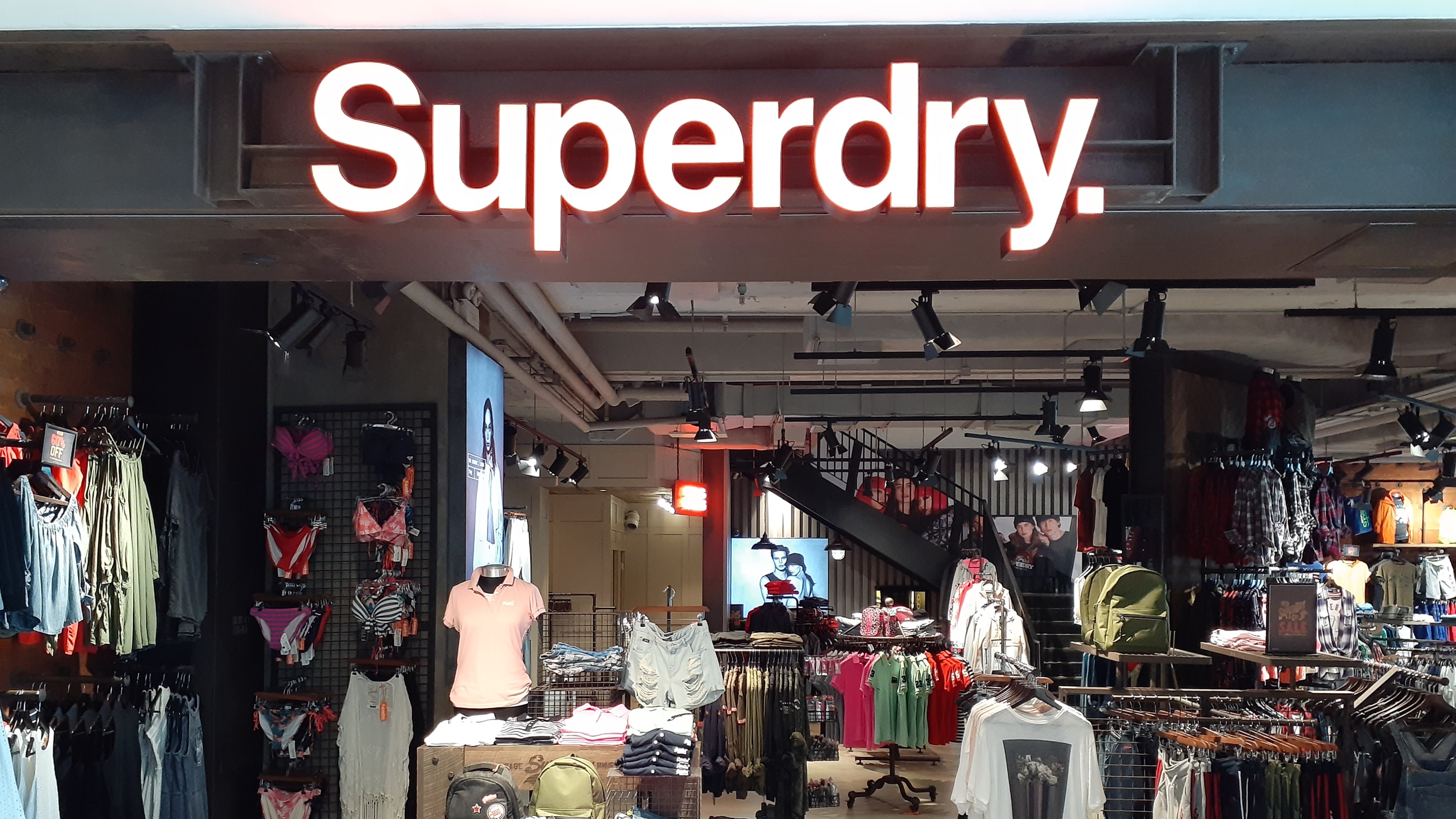Asos has partnered with GoodWeave, the non-profit organisation working to end child, forced and bonded labour in global supply chains, to focus on fashion apparel and accessories suppliers in India.
The new collaboration will initially see three ASOS suppliers in India that export fashion apparel and accessories will be enrolled into GoodWeave’s programme, with more to follow in the future.
GoodWeave’s process is to trace back each stage of a product’s manufacturing journey – including to subcontractors and even home-based workers – which it says is a key risk area for fashion apparel and accessories manufacturing in India and often an “invisible source” of bonded, forced and child labour.
Suppliers in GoodWeave’s programme will also undergo audits and unannounced inspections by dedicated GoodWeave staff trained to identify potential risks.
Adil Rehman, head of ethical trade at Asos, commented: “With this new partnership with GoodWeave, we’re taking our modern slavery and ethical trade work one step further through assurance and deep supply chain mapping, helping us to ensure that workers are protected and their rights respected.”
The fashion retailer said it will begin selling select products covered under the GoodWeave Standard in late 2023.
Latest News
-
Tesco makes ‘significant strides’ on safety through body worn cameras
-
Flying Tiger Copenhagen appoints new group chief executive
-
Walgreens cuts over 600 jobs after buyout
-
Mango opens first store in Limerick as part of expansion plan
-
eBay and Etsy to buy Depop for $1.2bn
-
REWE opens automated fresh food facility to serve Berlin outlets
Beyond Channels: Redefining retail with Unified Commerce
This Retail Systems fireside chat with Nikki Baird, Vice President, Strategy & Product at Aptos will explore how unified commerce strategies enable retailers to tear down these barriers and unlock new levels of operational agility and customer satisfaction.
The future of self-checkout: Building a system that works for consumers and retailers
In this webinar, industry leaders discussed what the future of self-checkout looks like and how retailers can make the technology work for everyone.
© 2024 Perspective Publishing Privacy & Cookies









Recent Stories